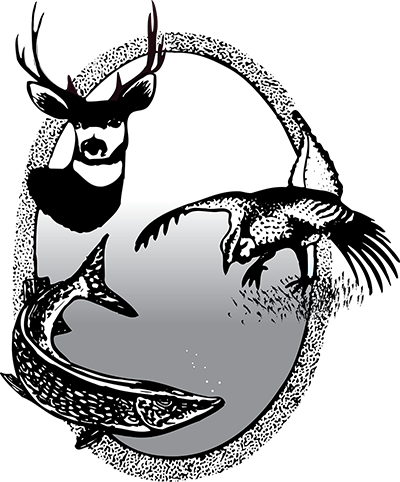Hunter Education Classes
Individuals interested in taking a hunter education class in 2017 are reminded to register early as most classes are held the first few months of the calendar year.
To register for a hunter education course, students need to sign up online at the North Dakota Game and Fish Department’s website, gf.nd.gov. Many classes will be added over the next several weeks, and the rest will be added throughout the year as they are finalized.
After accessing the Buy and Apply link, click on the hunter ed enrollment link and “list of hunter education courses.” Classes are listed by city, and can also be sorted by start date. To register for a class, click on “enroll” next to the specific class, and follow the simple instructions. Personal information is required.
Individuals interested in receiving a notice by email when each hunter education class is added can click on the “subscribe to news and alerts” link found below the news section on the Game and Fish home page. Check the box labeled “hunter education” under the education program updates.
In addition, SMS text notifications of new classes can be sent directly to a cell phone. Simply text “NDGF HunterClass” to 468311 to subscribe to this feature.
State law requires anyone born after December 31, 1961 to pass a certified hunter education course to hunt in the state. Hunter education is mandatory for youth who are turning 12 years old, and children can take the class at age 11.

 North Dakota Game and Fish Department
North Dakota Game and Fish Department